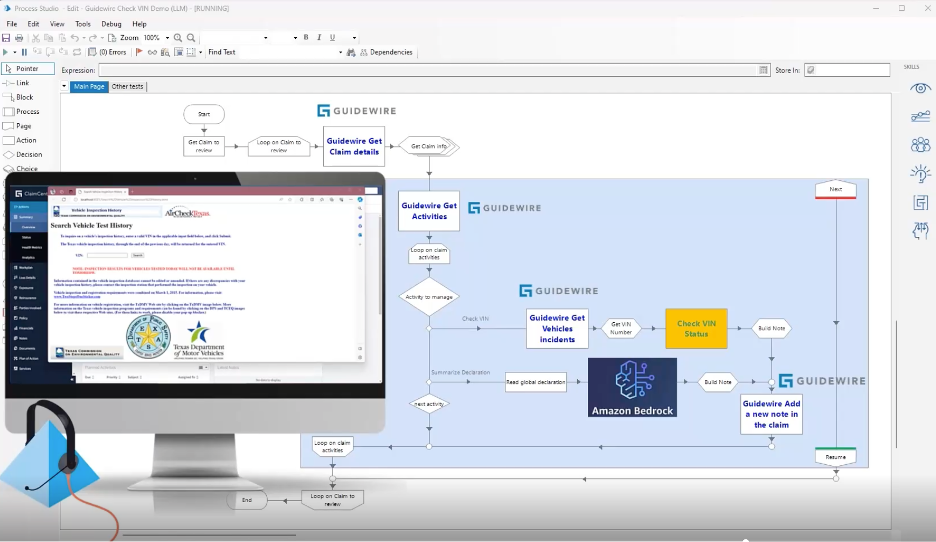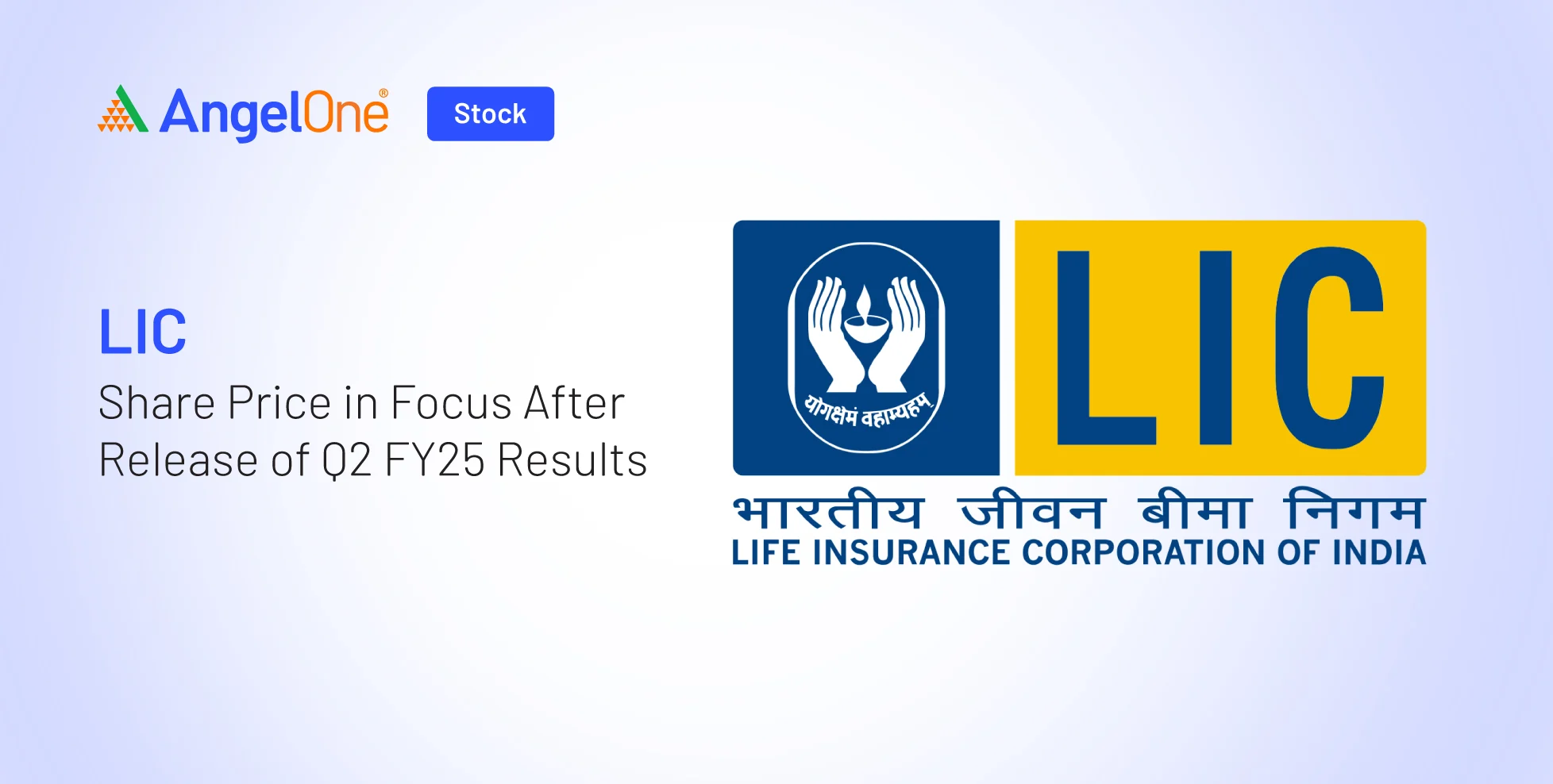AI Slashes Insurance Admin Overload: For decades, insurance accounting has been synonymous with complexity, fragmentation, and excessive administrative overhead. In 2025, however, the industry is undergoing a seismic shift driven by artificial intelligence (AI). Research from Conning reveals that 77% of insurance sector professionals are actively adopting AI in their value chains. But what does this technological revolution mean for insurance agencies, particularly regarding their commissions? How is AI enhancing efficiency, accuracy, and strategic financial operations within the insurance sector?
Chase Petrey, President of Applied Pay at Applied Systems, offers key insights into how AI-powered reconciliation is transforming traditional administrative burdens into high-value opportunities. Insurance agencies, whether boutique firms or publicly traded giants, often manage complex commission statements sent in various formats—ranging from Excel sheets and PDFs to physical mail. The absence of standardization has historically forced agencies to manually input line-by-line commissions into their accounting systems, a process both time-consuming and expensive.
“The cost of entering commission data into the accounting system sometimes equals the commission itself,” Petrey explains. This inefficiency not only drains resources but creates accuracy issues, especially when dealing with low-value, high-volume policies like dental plans, where monthly commissions can be as small as $5 per policy.
How Applied Systems AI Solution Revolutionizes Insurance Accounting
Automation of Commission Reconciliation
Applied Systems offers a cutting-edge solution: Applied Recon, natively integrated within its agency management system, Applied Epic. This AI-driven tool enables agencies to upload commission statements of any format directly into the platform. The AI engine intelligently extracts all relevant data and performs complex calculations, automatically updating the agency’s accounting system.
“The AI does all the calculations for the agency and updates the accounting system too,” explains Petrey. By automating these tasks, Applied Recon eliminates the manual labor traditionally required, dramatically reducing administrative time and costs.
Unmatched Accuracy and Trust
Monotonous tasks are prone to human error, particularly in environments handling massive volumes of small transactions. “There’s a broad sentiment in the industry that producers don’t trust their commission data,” Petrey notes. However, Applied’s AI models now boast 99%+ accuracy, far surpassing human capabilities. Given that commissions directly impact employee pay, accuracy is non-negotiable. This transformation not only improves trust but also empowers agencies to close their books faster and self-audit with greater confidence.
Shifting from Administration to Value-Added Work
Financial Optimization Over Manual Input
AI doesn’t just automate—it empowers. Instead of spending hours inputting data, agency staff can now focus on strategic tasks like cash flow optimization, commission plan structuring, and rate negotiations with carriers. Petrey explains, “Insurance accounting is moving from just pecking away at a keyboard to optimizing cash flow and maximizing interest on floats.”
Real-World Benefits of AI Integration
Consider two billing models—direct bill and agency bill. Applied’s AI automates commission calculations and advises agencies on how long they can hold cash before paying the carrier, offering significant value in financial decision-making. “It’s super high value,” Petrey emphasizes. This shift from administrative work to strategic financial planning enables agencies to maximize their profitability.

The Human Touch Remains Essential
Despite the AI-driven revolution, humans are far from obsolete in the insurance sector. “You still need a human on the money,” Petrey remarks. The role of humans is evolving from repetitive data entry to financial strategy, optimizing cash flow, commission structures, and carrier relationships.
Applied Systems doesn’t just offer a smarter accounting tool—it provides a new financial operating system for insurance agencies. The benefits include faster payments, unparalleled accuracy, lower administrative costs, and higher strategic capability.
“I’m happy to spend a lot of money on work that makes me money,” says Petrey. “I’m not happy to spend a lot of money on work that is just administrative.”
Conclusion
The integration of AI into the insurance industry is revolutionizing administrative processes, particularly commission reconciliation. Applied Systems’ innovative approach not only automates the traditionally burdensome manual entry of commission data but enhances accuracy to over 99%, fostering trust in financial records.
This transformation allows insurance agencies to shift focus from administrative overload to strategic financial planning, leading to smarter cash flow management, better commission structures, and improved carrier negotiations. As AI models continue to learn and improve, even mid-sized agencies are realizing measurable returns on investment.
However, the human element remains critical. AI acts as an enabler rather than a replacement, empowering agency teams to focus on high-value tasks. The future of insurance accounting is now about financial optimization, strategic growth, and streamlined operations—all powered by advanced AI solutions.
With the right technology, insurance agencies can leave behind the inefficiencies of the past and step confidently into a data-driven future.
Also read: New Ducati Diavel V4 RS Unveiled: 180bhp Monster Cruiser Coming to India Next Year
Frequently Asked Questions
1. How does AI improve commission reconciliation in insurance agencies?
AI improves commission reconciliation by automating the extraction, calculation, and input of commission data into accounting systems, regardless of the input format. Traditional methods required manual data entry from PDFs, Excel files, and physical mail, which were time-consuming and prone to errors. Applied Systems’ Applied Recon leverages advanced algorithms to process large volumes of low-value transactions with over 99% accuracy, drastically reducing administrative costs and enabling faster book closures.
2. What are the primary benefits of using Applied Recon for insurance agencies?
The key benefits of Applied Recon include automation of monotonous tasks, unprecedented accuracy in commission calculations, faster financial book closures, real-time self-auditing capabilities, and strategic decision-making support. Additionally, it empowers agencies to optimize cash flow, better manage interest on reserves, and negotiate better commission structures with carriers.
3. Does AI replace human workers in the insurance industry?
No, AI doesn’t replace human workers; it elevates their role. Instead of spending time on repetitive administrative tasks, insurance professionals can focus on strategic functions such as cash flow management, optimizing commission plans, and improving carrier relations. AI frees up human resources, allowing them to contribute more effectively to an agency’s bottom line.
4. Why is accuracy critical in insurance commission reconciliation?
Accurate commission data is crucial because it directly impacts how employees, particularly producers, are compensated. A lack of trust in commission accuracy can lead to dissatisfaction and legal issues. AI models providing 99%+ accuracy ensure that agencies can trust their financial records, avoid disputes, and maintain smooth payroll operations.
5. How does Applied Systems’ AI solution contribute to financial optimization?
Applied Systems’ AI solution does more than just automate data entry—it enables agencies to transition from administrative work to strategic financial operations. The system provides actionable insights, such as how long an agency can hold cash before paying carriers in an agency bill model. This level of financial insight helps agencies optimize cash flow, improve their float on interest, and reduce unnecessary financial overhead, making them more profitable in the long run.






